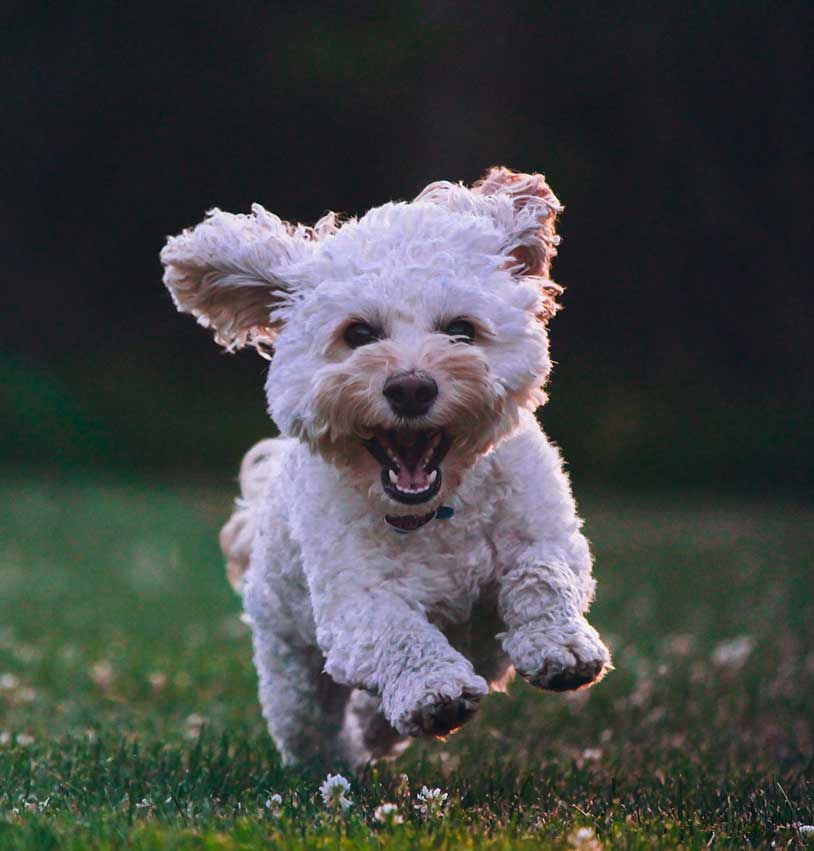The Principles of Puppy Socialization

You’ve been waiting for weeks, stocking up with supplies, and the day has finally arrived: your new puppy is coming home.
So begins the adventure of a lifetime!
There are so many memorable experiences that lie ahead. But in order to ensure your puppy lives their best life, it’s important that they are properly socialized to their new world.
Puppy socialization isn’t just introducing your hunting buddies the new pointer puppy you picked up last week. Nor is it only about bringing the extended family out to meet your new best friend. Socialization is about building your puppy’s confidence so that as adults, they will be comfortable encountering new adventures.
Puppy school is a path many new companions choose to take. However, socialization happens before, away from, and after graduation.
In the first few weeks home, it’s important to expose your puppy to a variety of environments, people, and animals. Even within these different experiences, it’s important to provide nuance. For example, your puppy should meet people wearing different types of clothing such as hats, scarves, and jackets.
What you’re really doing right now is building their world through sensory experiences, so it’s critical to provide nuance. If you’re a lifelong hiker that’s never heard of bears, you’d be barkin’ too if one waddled past you on the trail.
Puppies have high metabolisms and are high energy, so make sure they have the right food to give them enough energy for all these encounters. Black Gold’s Explorer Puppy Formula has all the nutrients and protein your puppy needs for all these new experiences, including DHA from fish oil for brain and vision development.
Don’t forget that socialization is about more than visual sensory stimulation. It’s important to expose your dog to loud noises such as vacuums, kitchen appliances, and for hunters — gun shots.
Beyond sounds, make sure you acclimate your dog to the different types of surfaces they’ll walk on. They should experience indoor surfaces such as wood and linoleum, but also outdoor terrain that includes dirt, sand, and rock.
Of course, you’re going to need a car ride to get there, so make sure your puppy gets plenty of experience in a car, too. Issues like car anxiety should be broken early on so they don’t become learned habits.
Each puppy’s socialization experience will be unique to them. However, every companion should keep these three principles in mind.
Principles for Puppy Socialization
- Positivity – Traumatic experiences as a puppy could have permanent impacts on their development. At this point, learning can be permanent, and habits developed in the first few weeks they’re home can be very difficult to change. Thus, it’s important to keep things as positive as possible. Never verbally or physically reprimand your puppy. Instead, reward positive reactions to these new situations.
- Patience – Socialization can be pretty stressful for your puppy, so it’s important to have patience. Stress reactions can be anything from pacing and panting, to barking and yawning. If your puppy has any of these reactions, stress reactions during socialization, retreat and regroup. When calm, try again.
- Moderation – Be careful not to overexpose your dog during socialization. A half hour is a good amount of time to experience a new environment, person, or animal. Don’t overwhelm your dog with a number of different people or dogs. Now probably isn’t the time to bring over the extended family. It’s also best to avoid places like the dog parks or crowded public spaces until your dog has had a few good experiences with other dogs.
As you embark on exciting adventures with your new pup, we hope you enjoy seeing life through your furry friend’s eyes. Head here to find out what you can feed your new bestie to fuel all of your excursions.
